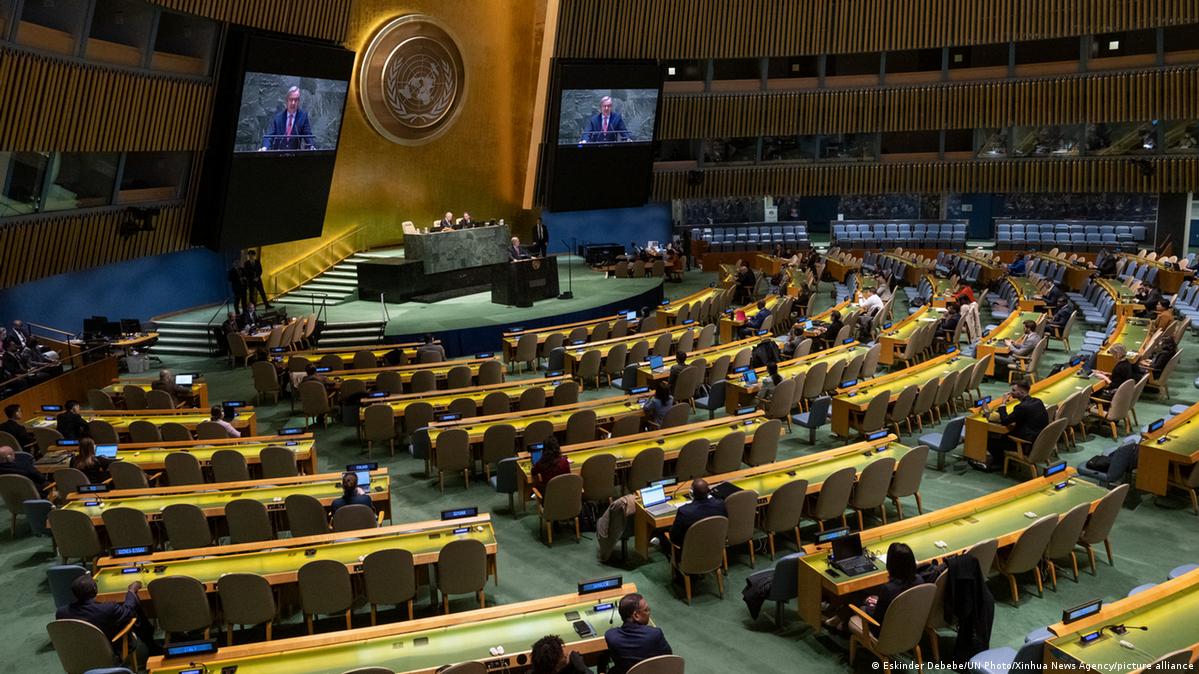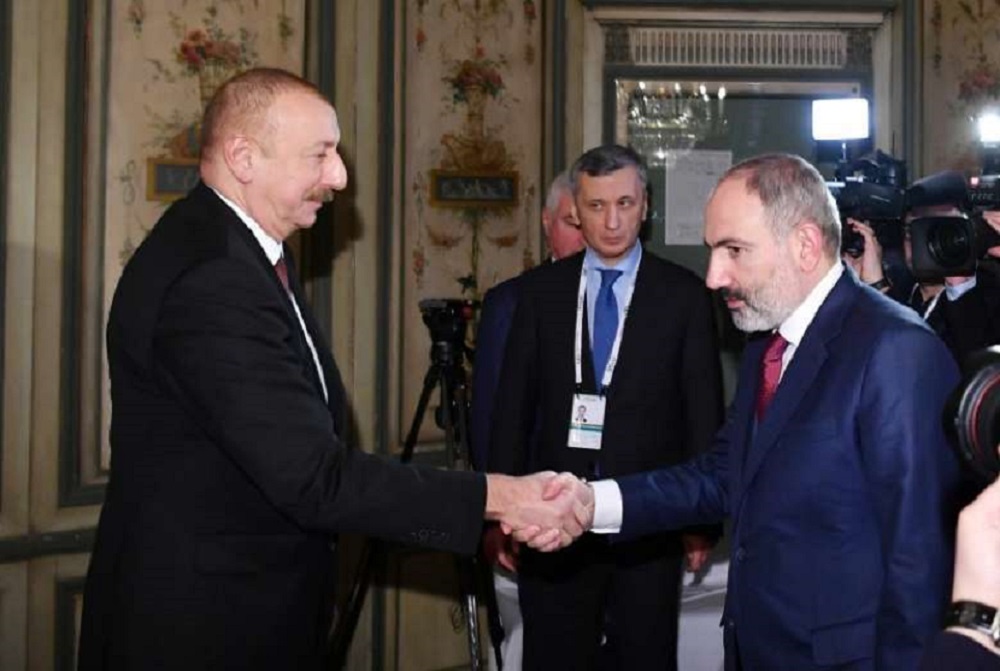"A mine laid under the peace treaty". Yerevan's reaction to Hajiyev's statement
Separate peace treaty from delimitation
“The key principles of the border delimitation process need to be specified and agreed upon in a peace agreement. There is at least such a need,” remarked political observer Hakob Badalyan to JAMnews, responding to Hikmet Hajiyev’s statement. In an interview with Reuters, the Azerbaijani presidential aide suggested that the issue of border delimitation with Armenia could be addressed separately from the peace treaty.
The Armenian expert underscores that in such a scenario, the delimitation process would become “a mine laid under the peace agreement.”
- Corridor games in the South Caucasus. What are the stakes? View from Baku
- “Crossroads of the World project will increase opportunities for access to the sea” – Pashinyan
- “A deal between Washington and Baku”. On the joint statement of Armenia and Azerbaijan
Are there any obstacles to a peace agreement?
An Azerbaijani presidential aide said in London that Azerbaijan no longer sees serious obstacles to concluding a peace treaty with Armenia. In an interview with Reuters, Hikmet Hajiyev said that the issue of border delimitation can be solved separately from the peace treaty.
The response to this statement came in an interview with Armenia’s Deputy Foreign Minister Vahan Kostanyan with the BBC:
“The Azerbaijani side talks about the desire for a stable peace, while the Armenian side suggests focusing on deeds rather than statements. In fact, Azerbaijan demonstrates an unwillingness to finalize a peace agreement based on the principles promoted by the international community.
The first of these principles is the recognition of mutual territorial integrity and sovereignty without ambiguity. For this purpose, a clear border based on the Alma-Ata Declaration should be recognized. And to delimit the border between the two countries, we should use the latest, newest maps of the Soviet Union”.
Commentary

Political observer Hakob Badalyan says that first of all it is necessary to understand how the Azerbaijani side imagines the separation of the peace treaty and the delimitation process.
He emphasizes that delimitation is a complex, multi-year process even for countries that are not in conflict with each other. As an example, he cites Armenia and Georgia, which “have been discussing the issue of demarcation for at least ten years”. But the process has not yet been finalized.
“From this point of view, linking the conclusion of a peace agreement to this process means postponing the conclusion of peace for years,” Badalyan said.
However, if there is no interconnection between the processes at all, this, he believes, will lead to negative consequences:
“Azerbaijan can use the delimitation process to make claims while working on the peace agreement. To make comments, make demands and encroach on some points of the agreement. In a word, this process will become a mine laid under the peace agreement.”
Badalyan believes that the principles of the delimitation process should be specified and included in the peace agreement. And the main principle, he says, is the exclusion of force or the threat of force:
“If these principles are outlined in the agreement, it will not yet guarantee their observance. We should not forget that during the settlement of the Karabakh issue three principles were agreed upon, among which is the non-use of force. But as we saw in 2020, everything followed the logic of the use of force”.
The observer does not rule out that the power centers will approach the question of which capital will sign the document without jealousy:
“Everyone should calculate for themselves that after some time the situation may change. And then this document may become just a piece of paper.”
The expert believes that the signing of the agreement is not a guarantee of peace.
He considers the balance of power both at the micro level (Armenia-Azerbaijan) and at the macro level (superpowers, regional countries, power centers) as the core factor. He emphasizes that if they come to stable and long-term agreements on common rules of the game in the South Caucasus, “it will be possible to ensure peace and stability within the framework of these rules.
As long as there is no balance of power, Armenia will face problems similar to Baku’s proposal to separate the issue of delimitation. Recalls that Baku’s demands include other points – such as ruling out the possibility of “revenge”.
“Baku says it needs guarantees that Armenia will not seek revenge. Thus, Azerbaijan is trying to consolidate some influence within the framework of the peace agreement even on Armenia’s domestic political life. This is an aspiration to achieve political capitulation, but not by military means.
That is, Baku is trying to create preconditions so that if in the future anyone – be it representatives of the authorities or other political force, some public entity – raises the issue of the rights of Karabakh Armenians, de-occupation of MK, it will be qualified as a “violation of the peace agreement”. And appropriate measures will be taken,” he emphasized.
Follow us – Twitter | Facebook | Instagram
Separate peace treaty from delimitation




















